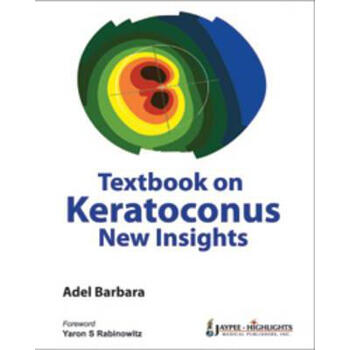
Do Funded Trading Accounts Require a Deposit?
Imagine this: you’ve been grinding away at your trading, whether it’s forex, stocks, crypto, or commodities, and suddenly an opportunity pops up for funded accounts—programs that let you trade with someone else’s capital. Sounds tempting, right? But here’s the big question: do these funded trading accounts actually require a deposit from you? The answer isn’t as straightforward as it might seem, and understanding the ins and outs can help you seize opportunities smarter, not harder.
Unlocking the Mystery of Funded Trading Accounts
Funded trading accounts have gained massive popularity in recent years, especially with the rise of proprietary (prop) trading firms. They’re basically like financial internships—youre given a trading account with a certain amount of capital, and your performance determines whether you keep or even grow that capital. It’s a way to access larger positions without risking your own money upfront. But the key point of debate is whether a deposit is necessary to start—let’s dig into that.
Do You Need to Put Down Cash to Get Started?
In most cases, no, you don’t need a traditional deposit. These programs have typically shifted away from requiring large upfront investments, especially since they want traders to focus on skill and consistency rather than initial capital. Instead, what they often ask for is a fee for evaluation or a challenge—like paying for a trading simulation that tests your skills against specific criteria. If you pass, you get a funded account without having to deposit a dime of your own capital.
For example, many prop trading firms operate on a model where you pay a one-time fee to unlock a trading challenge. If you meet their profit targets within set parameters, you get assigned a funded account. Think of it like applying for a job—you don’t pay to get hired, but you might pay for the interview process.
When Might a Deposit Be Needed?
Now, some firms still operate on a more traditional model, especially those that offer smaller accounts or different tiers of funding. In those cases, they might request a deposit or an “initial capital contribution,” usually as a way to demonstrate seriousness or to cover certain administrative costs. But honestly, it’s less common than in the past.
It’s also worth noting that in decentralized finance (DeFi) and crypto trading spaces, the line blurs even more. Many platforms operate with a model that combines staking or deposits with the possibility of earning returns or participating in liquidity pools. For those platforms, a deposit might be unavoidable, but it’s more about participation than a requirement for funded accounts per se.
Why Are Funded Accounts Changing the Game?
The move away from required deposits is part of a larger shift toward democratizing access to markets. The standard barrier—having enough capital—can scare off beginners or those who don’t want to risk their hard-earned savings. Prop firms and funded accounts are doing their part to make trading more accessible, especially across multiple asset classes like forex, stocks, commodities, options, and crypto.
With these programs, your skill becomes the real asset—not the size of your wallet. For someone just starting out, that’s a game-changer. They can learn, test, and build a track record without risking upfront money.
The Roadblocks and Opportunities
Of course, there are cautionary notes. Not all funded accounts are created equal. Some may have strict rules, profit splits, or loss limits that could trip up even seasoned traders. Plus, some programs require a fee for access or for taking tests, which can add up.
On the bright side, the trend toward flexible, low- or no-deposit funded trading means an expanding landscape of opportunities. More firms are integrating artificial intelligence to evaluate traders, making the process faster and more transparent. The rise of AI-driven trading algorithms and smart contracts in DeFi are just around the corner, promising even more innovative solutions. But with innovation comes challenge—like security concerns and regulatory uncertainties.
Looking Ahead: The Future of Prop Trading
Prop trading firms are poised to evolve further. Expect to see more AI-powered trading assistants, decentralized platforms facilitating peer-to-peer funding, and smart contracts automating profit-sharing and risk management. The democratization of trading capitals, combined with blockchain transparency, could reshape how funded accounts operate—maybe even removing traditional deposit requirements altogether.
And for traders? The message is clear: keep sharpening your skills, stay adaptable, and keep an eye on tech innovations. The landscape is dynamic, but the core principle remains: talent and strategy trump everything.
Thinking of taking the plunge into funded trading? Remember: you don’t always need to put your own money at risk—sometimes, your skill is the best investment. Whether you’re trading forex, stocks, crypto, or commodities, there’s a wave of new opportunities ahead—just keep your eyes open, your strategies sharp, and your mindset ready for the future.
The game’s changing—and in the best way possible.
